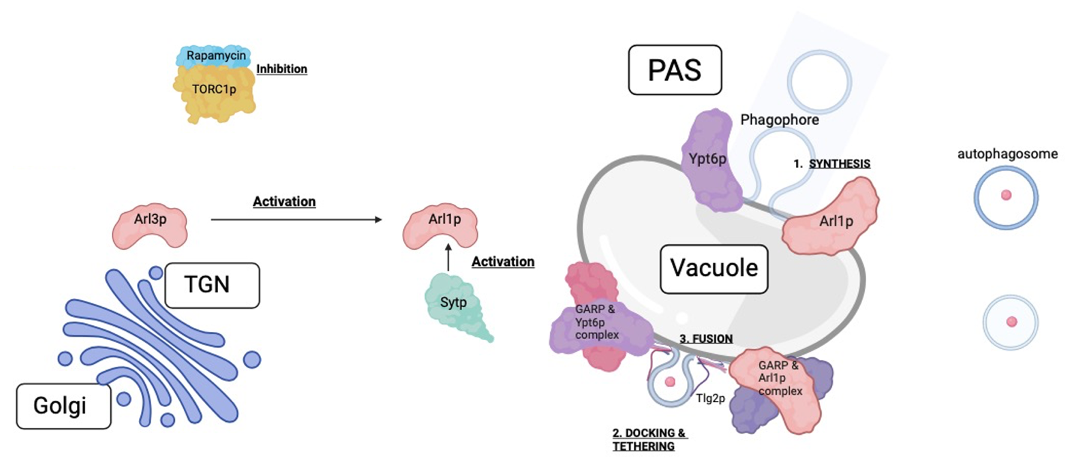Inability to Regulate Cell Wall Integrity and Cell Cycle Progression in Smi1-∆ Mutant Cells in Saccharomyces cerevisiae
Abstract
Saccharomyces cerevisiae is a yeast species often used as a model for eukaryotic organisms. In S. cerevisiae, the SMI1 gene and resulting protein, Smi1p, have been found to have an important role in controlling cell wall integrity by regulating cell cycle progression. Smi1p is a key coordinator between the cell wall integrity pathway and the cell cycle progression pathway. Here, we review the effects of a SMI1 gene knockout, cells with the smi1-∆ allele, to further learn about the function of the SMI1 gene in yeast cells. Mutant smi1-∆ cells experience challenges mediating cell cycle progression and regulating cell wall integrity leading to decreased cell reproduction and cell wall defects. The smi1-∆ cells have reduced (1,3)-beta-glucan synthesis causing higher sensitivity to cell wall damaging agents. This review synthesizes research from eight studies to describe what is already known about the SMI1 gene, the role of Smi1p in biochemical cell pathways, and smi1-∆ mutant cells. As well, the review offers direction for further research on smi1-∆ cells that could lead to a better understanding of the SMI1 gene function in S. cerevisiae.
Downloads
Published
Issue
Section
License
Copyright (c) 2024 Sally Jones

This work is licensed under a Creative Commons Attribution-NonCommercial 4.0 International License.



